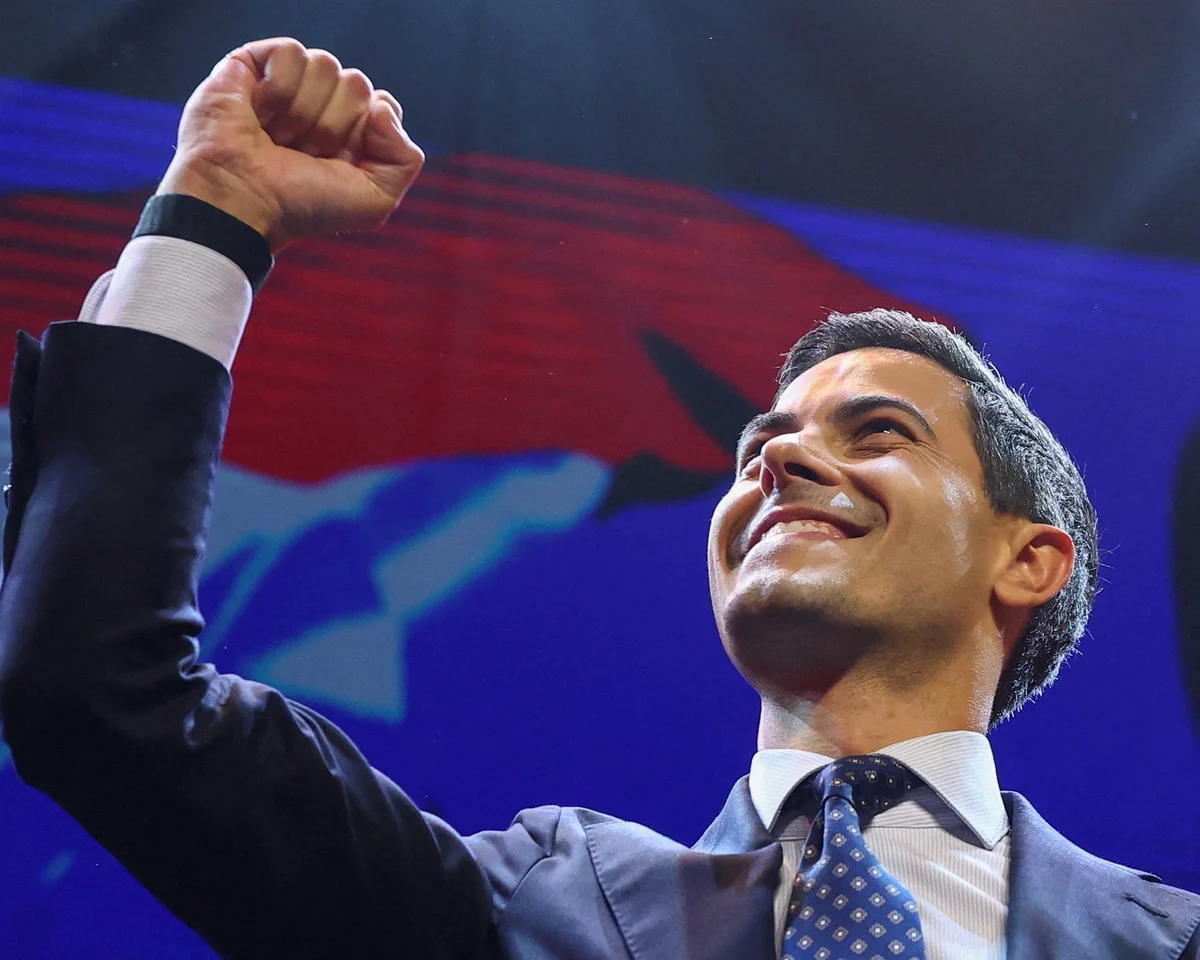In a dramatic political upset, the centrist-liberal D66 party, led by Rob Jetten, has emerged victorious in the Netherlands’ general election, defeating far-right populist Geert Wilders and reshaping the nation’s political landscape. The result marks a turning point in Dutch politics, signaling renewed support for moderate governance and a pushback against nationalism.
A Stunning Comeback for the Centrists
Pre-election polls had predicted a close race, with Wilders’ Party for Freedom (PVV) widely expected to dominate after months of campaigning on anti-immigration and Eurosceptic themes. However, the D66’s late surge, fueled by strong youth turnout and a focus on climate action, social justice, and European cooperation, propelled the party to a narrow but decisive victory.
Rob Jetten, 38, a progressive leader known for his pragmatic style and pro-European stance, celebrated the result as “a win for reason and unity over division.” Speaking to supporters in The Hague, he declared that “the Netherlands has chosen optimism, tolerance, and the future.”
Geert Wilders Concedes Defeat
Geert Wilders, whose PVV had dominated headlines with fiery anti-immigrant rhetoric and calls to limit the influence of the European Union, conceded defeat early Friday morning. In a restrained statement, Wilders congratulated Jetten but warned that “millions of Dutch citizens who voted for change must not be ignored.”
Despite the loss, Wilders’ PVV remains the second-largest party, maintaining a significant voice in parliament. Analysts say the result demonstrates that while populist sentiment remains strong, Dutch voters ultimately favored stability and cooperation over confrontation.
Coalition Talks Ahead
With no party securing an outright majority, Jetten will now face the challenge of forming a coalition — a hallmark of Dutch politics. Early discussions are expected with the center-right People’s Party for Freedom and Democracy (VVD) and the GreenLeft–Labour alliance, potentially paving the way for a broad centrist government.
Political observers note that Jetten’s ability to balance progressive priorities with fiscal responsibility will determine the stability of the new administration. Issues like climate policy, housing affordability, and migration management are likely to dominate negotiations.
A New Era in Dutch Politics
The election result underscores a generational shift in Dutch politics. Jetten’s campaign resonated strongly with younger voters, many of whom have grown weary of polarization and eager for climate and social reform. His focus on renewable energy, digital innovation, and inclusivity struck a chord with urban professionals and students alike.
Experts suggest that the D66’s success could inspire centrist movements across Europe, offering a counter-narrative to the populist wave that has gained momentum in several EU countries.
International Reactions
European leaders quickly welcomed Jetten’s win, viewing it as a sign of renewed commitment to the European Union. French President Emmanuel Macron praised the result, calling it “a victory for democracy and progress.” Meanwhile, German Chancellor Olaf Scholz said the Dutch people had “chosen hope over fear.”
What Lies Ahead
Rob Jetten faces immense challenges as he prepares to lead a deeply divided country. Restoring trust in institutions, addressing climate goals, and managing post-pandemic economic recovery will be high on his agenda. Yet, his victory signals that the Dutch electorate still values pragmatic leadership rooted in dialogue and compromise.
















Leave a Reply